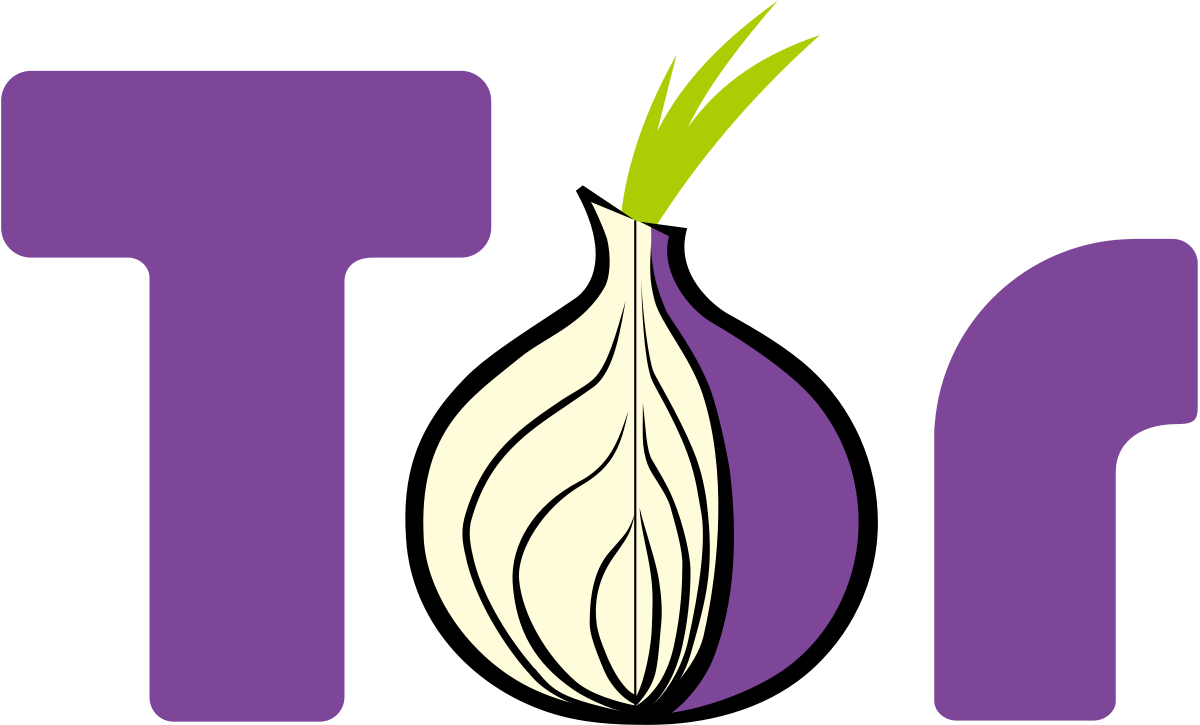Featured
Table of Contents
Tor Vs Vpn: What They Do And Which Is Better?
In practice, Tor Web browser is free, while VPNs are generally paid, which makes your choice easy, right? You ought to simply opt for Tor and call it a day. Well,? Today, I want to give you a complete comparison of Tor vs VPN and explain what they represent, their distinctions, utilize cases, and a lot more.
To start this Tor vs VPN contrast, I first require to explain what these tools represent. Besides, offering you a clear definition of what they are and how they work will help you understand their distinctions, so pay attention. Beginning with Tor, this term is an abbreviation for "The Onion Router".
Nord, VPN It's important to bear in mind that this is a tool for anonymity and not privacy I'll discuss why shortly. When it concerns Tor nodes, they're held and preserved by volunteers, so we're speaking about a decentralized service, instead of a centralized service which holds true with a VPN.
The silver lining is anonymity because nodes aren't operated by any specific business, so you aren't risking keeping and logging your surfing activity by that business. On the other hand, the security of each node depends upon the individual that's maintaining it. As such, a node can be compromised by a hacker, let's state, who will be able to trace your connection.
Unmasking The Differences Between Tor And Vpn
The entry node is more crucial since, when connecting to Tor, your ISP can see that you did that through the entry node. We'll talk about that later on in this Tor vs VPN post.

Its "The Onion Router" name comes from the fact that it peels the layers of encryption likewise to the onion layers. And dark web sites also have the domain ". onion", which isn't a coincidence. Below, I described how Tor works and the procedure of encrypting and decrypting your demands.
When you link to the Tor network and you send out a demand, you get triple file encryption for each node. There's the entry node (often called the guard node), the middle node (or middle server), and the exit node. Tor sends your request to the entry node, which eliminates the very first layer of encryption.
The entry node can't read the encrypted material of the demand, so it still can't trace your activities inside the Tor network. The traffic is then sent out to the middle node, which gets rid of another layer of file encryption and sends out the encrypted traffic to the exit node. Lastly, the exit node peels the final layer of encryption, which is why it can see the encrypted request but it can't identify who is sending it because it can't see your IP address.
Tor Over Vpn: Is It Useful If You're Not A Whistleblower?

If you're looking to stay confidential online and you're thinking about using Tor, I think it's good to understand more about its benefits and drawbacks, so check them out below. The triple layer of file encryption ensures 100% privacy when using Tor Internet browser It's complimentary and does not require any memberships It's a decentralized, open-source network with no tracking and security Tor Web browser is capable of going on the dark web The entry node can read your IP address and make it noticeable to your ISP when utilizing Tor Slows down your web speed significantly due to advanced encryption Nodes are operated by volunteers who might not do an excellent job at making sure they're protected You can't choose an IP address from a particular country, so you can't bypass geo-blocks Tor Web browser does not work on all platforms Wondering what are the distinctions between Tor and VPN?
VPN services provide thousands of servers in different countries, so they enable you to link to any of them easily and get an IP from the country you need. Then, each demand you send out is routed through a VPN tunnel where it is sent out to a VPN server which decrypts it and links you to the website you want.
g. the site you're checking out The very same process applies to traffic coming from the network from your device. It's essential to describe that a while Tor (Tor Internet browser) is focused on the part of the connection in Tor Browser. This is why a VPN is ideal for torrenting, for instance, while Tor secures only the part of the connection sent out through the Tor Web browser.

With a single layer of file encryption, the VPN actually goes through less actions to protect your connection which has a huge benefit much faster speeds and much better efficiency. They're extremely easy to use VPNs can be installed on every platform (Windows, i, OS, Linux, Android, mac, OS, routers,) You can pick an IP address from a particular country, letting you bypass geo-restrictions There's a greater degree of responsibility since you understand who owns the VPN servers VPNs are very quick and exceptional suppliers use 10 Gbps servers Advanced security features like a kill switch, ad blocker, and Multi, Hop Overall privacy, thanks to advanced file encryption and the capability to conceal your initial IP It's a paid service which can be an issue for budget-constricted users Some VPN services are known for storing logs (Hola VPN, Ninja, VPN, Betternet,) You need to select a trustworthy VPN that has a no-logs policy since you're handing over your privacy/anonymity to that business Now that you what Tor and VPN are, I feel the requirement to quickly summarize their differences just to make sure you comprehend whatever well.
Latest Posts
Best Vpn Services 2023 - Expert Tested And Reviewed
The Best Vpns For Businesses And Teams In 2023
Best Vpns For Business Travelers To Stay Digitally Fit (2023)